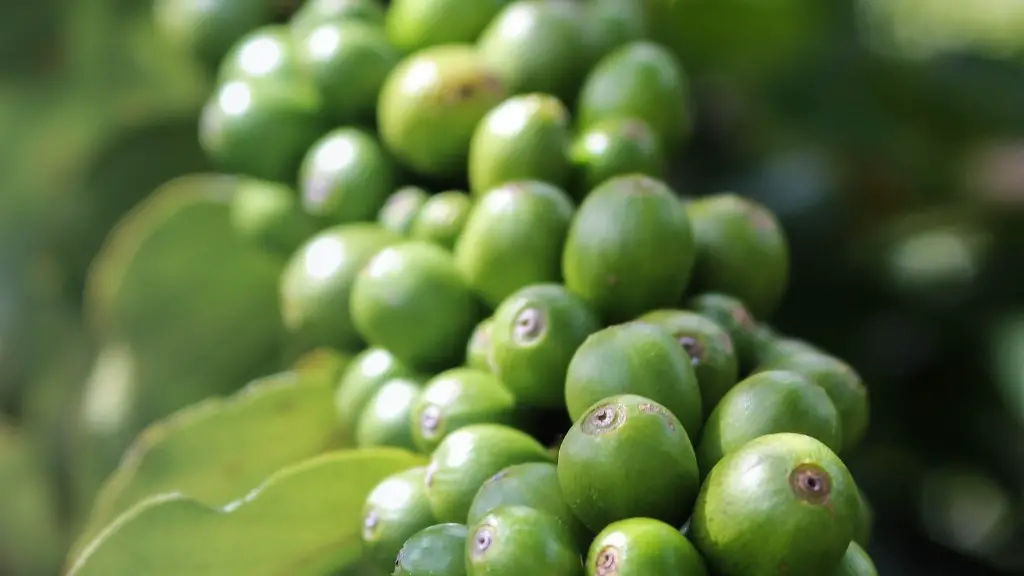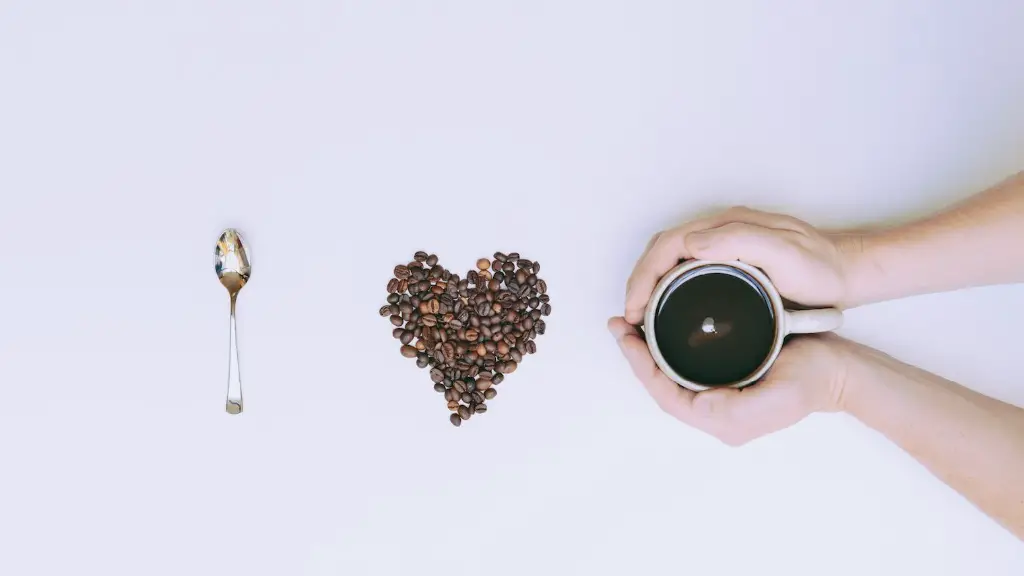Impact of Coffee on Health
Coffee is one of the world’s most popular beverages – it may be consumed for pleasure, for a social setting, and for its stimulant effects. Despite its popularity, there is a lot of misunderstanding and confusion about the health effects of coffee. An upsurge in research over the past two decades has addressed many of the questions about the health benefits and risks of coffee consumption. A few decades ago, it was thought that drinking coffee raises the risk for heart disease, cancer, and other ills. Now, the majority of scientific studies suggest that these claims are unfounded. Coffee consumption may even have certain health benefits.
Risk of Kidney Stones
Along with the variety of positive health benefits associated with coffee consumption, there is also some evidence that drinking coffee may increase the risk of developing kidney stones. Kidney stones are small, hardened collections of minerals and salt that form inside the kidneys. A popular theory supports that drinking coffee causes kidney stones due to its high levels of oxalate, which can bond with calcium to form stones. Coffee contains oxalate, and it is thought that increasing the oxalate levels in the urine can lead to the formation of stones in the kidneys.
However, the existing research is mixed and limited and does not provide a definitive answer on the impact of coffee consumption on the risk of developing kidney stones. One observational study found that drinking four or more cups of coffee per day could increase the risk of kidney stones, while another analysis found no association between the two.
Factors that may Impact Risk
When measuring the impact of coffee consumption, it is important to consider other lifestyle factors that could increase one’s risk of kidney stones. A number of recent studies have suggested that there is an overall association between reduced intake of water and increased risk of stone formation. Coffee is a diuretic, and diuretic-induced dehydration can lead to kidney stones. Other lifestyle factors that may increase one’s risk for kidney stones include excessive alcohol consumption, over-consumption of salt, and not engaging in physical activity.
Other Beverages and Risk
In recent years, studies have suggested that drinking other beverages could also be linked to a higher risk of kidney stones. A recent review of eight studies concluded that drinking one serving per day of beer, wine, or spirits could increase the risk of developing kidney stones. The review also found that drinking one to two glasses of sugary soft drinks per day was linked to a higher risk of kidney stones.
The Role of Diet
While the exact cause of kidney stones is still unknown, there is strong evidence that certain dietary factors can increase the risk of developing kidney stones. Food and drinks containing high levels of calcium and oxalate, as well as concentrated animal proteins, have been linked to an increased risk of stone formation. In addition, not consuming enough vegetables and fruits may also increase one’s risk of kidney stones.
Tips for Preventing Kidney Stones
Although the evidence about coffee and kidney stones is still conflicting and limited, drinking coffee in moderation is probably safe. To reduce one’s risk of developing kidney stones, one should try to drink plenty of water, eat a healthy, balanced diet, and exercise regularly. Limiting the intake of foods and drinks high in oxalate, calcium, and sugar could also help reduce the risk of developing kidney stones.
Effects of Caffeine
Caffeine is a stimulant found in coffee and other beverages. The effects of caffeine vary from person to person but overall, it has been shown to have positive effects on energy, concentration, physical performance, and alertness. A few observational studies have suggested that caffeine could increase the risk of kidney stones but again, the evidence is still limited and conflicting.
Alternative Beverages
For people who may be concerned about coffee and kidney stones, there are a number of alternative beverages that may have better health effects. Green tea, for example, has been linked to various health benefits and may have a protective effect against stone formation in the kidneys. In addition, herbal teas such as chamomile, ginger, and hibiscus are caffeine free and could reduce one’s risk of kidney stones.
Long-Term Implications
In the long-term, drinking coffee in moderation is unlikely to increase one’s risk of kidney stones. For individuals who are already at risk of developing kidney stones, reducing their coffee intake may help reduce the risk. The main recommendation for prevention is to adopt a balanced diet and maintain a healthy lifestyle with regular physical activity.


